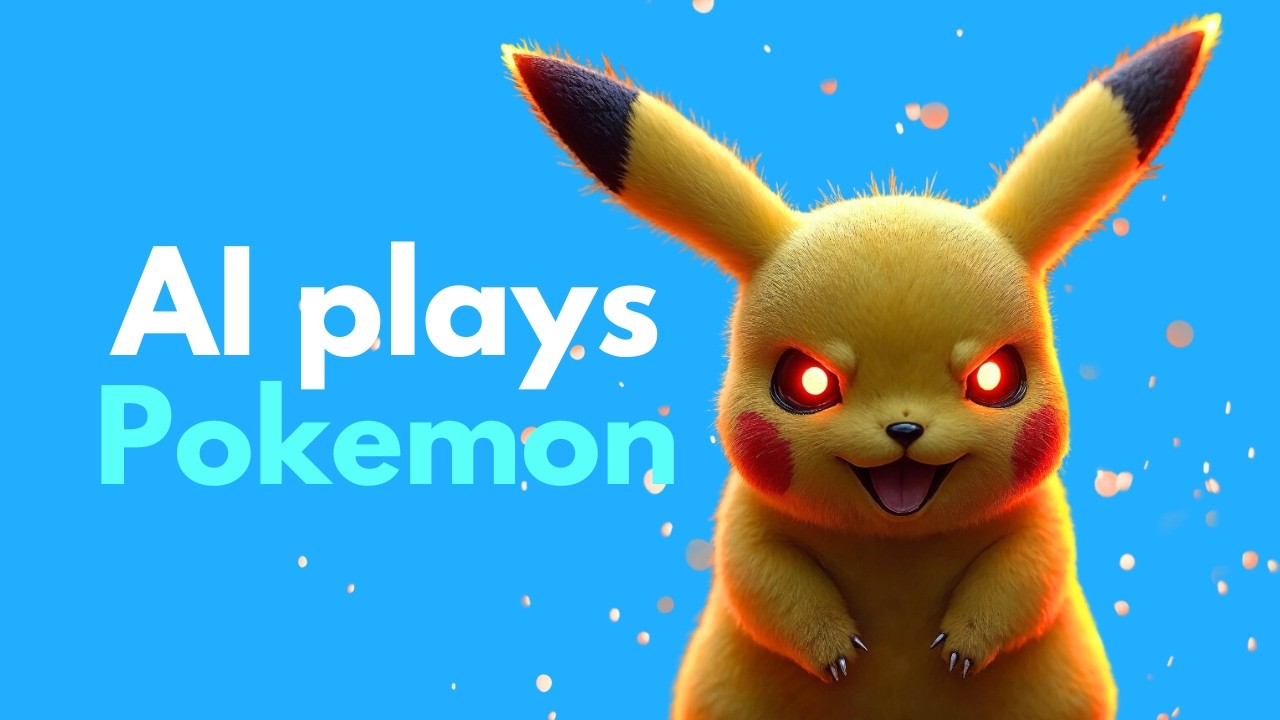An AI developed by the startup Noo-noo has set a new world record for playing Pokémon Emerald on its first attempt, showcasing its ability to generalize across various games without prior training. This achievement highlights significant advancements in AI technology, suggesting potential applications for creating autonomous robots capable of navigating complex real-world environments.
In a groundbreaking achievement, an AI developed by the startup Noo-noo has set a new world record for playing Pokémon Emerald, accomplishing this feat on its very first attempt without any prior training. This AI is notable not only for its success in Pokémon but also for its ability to generalize across various games, including Hogwarts Legacy and Among Us, where it can effectively interact with human players. The video explores the implications of this AI’s capabilities, suggesting that it could represent a significant step toward creating fully autonomous robots and achieving superintelligence.
The video provides a brief history of AI in gaming, highlighting previous milestones such as OpenAI’s Dota 2 AI, OpenAI Five, and Google’s AlphaStar for StarCraft 2. These AI systems utilized reinforcement learning, where they learned through self-play and trial and error, achieving remarkable success in their respective games. However, these AIs were typically specialized and struggled to generalize their skills to different games. Recent advancements have focused on creating AIs that can learn and adapt to various gaming environments without extensive retraining.
Noo-noo’s AI stands out because it was not specifically trained on Pokémon gameplay data. Instead, it learned the game’s mechanics by analyzing Wikipedia pages related to Pokémon. This approach allowed the AI to understand the complexities of the game, such as catching and training Pokémon, navigating maps, and strategizing during battles. The AI’s performance in Pokémon Emerald surpassed previous records by defeating the third gym leader, showcasing its advanced decision-making abilities and strategic thinking.
The video also discusses the broader implications of developing AIs that can excel in video games. The underlying goal is to create agents capable of navigating open-ended environments, which could eventually be applied to real-world scenarios. By training AIs in virtual worlds, researchers hope to develop systems that can learn and adapt in physical environments, paving the way for autonomous robots that can operate independently and intelligently.
In conclusion, the advancements made by Noo-noo’s AI in gaming are not just impressive feats but also represent a significant leap toward the future of AI and robotics. The ability to generalize across different games and learn autonomously could lead to the development of more sophisticated AI systems capable of tackling complex real-world challenges. The video encourages viewers to consider the potential of these technologies and their implications for the future of AI and human interaction.
